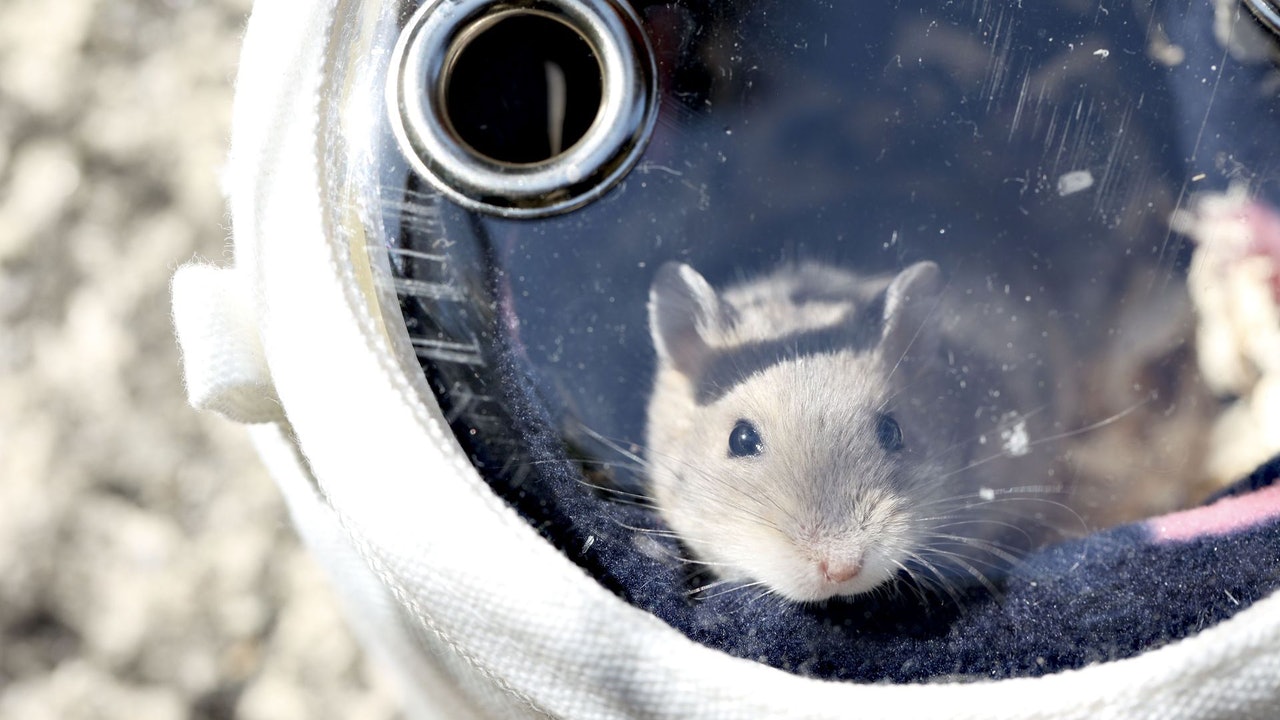Under the fifth wave of the epidemic, Hong Kong was attacked by both Omicron and Delta virus. At that time, about 2,000 pet hamsters believed to be the host of Delta virus were culled.
A new study by the School of Public Health of the Li Ka Shing Faculty of Medicine of the University of Hong Kong, in collaboration with the Agriculture, Fisheries and Conservation Department, identified some imported pet Syrian hamsters that were naturally infected with the new coronavirus as the source of the outbreak at that time.
Infected Syrian hamsters can transmit the virus to humans, resulting in continued transmission of the virus between humans. Research also shows that hamsters can become another host for the new coronavirus. The relevant results have been published in the medical journal "The Needle".
Studies have shown that if the new coronavirus spreads between hamsters for a long time, the virus may undergo other mutations that change its biological characteristics, such as its ability to transmit and cause disease, and reduce the protective effect of vaccines.
It is possible that humans will obtain a new mutated new coronavirus from pet Syrian hamsters, which will affect the current epidemic prevention measures.
Previous studies have shown that the new coronavirus can infect different species other than humans, and the virus is known to spread from humans to other mammals, including pets.
However, aside from farmed minks, there has been no previous evidence that these infected animals can infect humans and cause sustained human-to-human transmission.
A study led by Prof. Liewen Poon, Professor of the School of Public Health and Director of the Division of Public Health Laboratory Science, HKU Faculty of Medicine, and co-participated by Prof. Tan Huazheng Foundation (Medical Sciences) and Chair Professor of Virology, Prof. Peiris and Associate Prof. Yan Huiling, showed that pets Syrian hamsters can naturally contract the new coronavirus, which in turn can cause infection in humans.
The study found that the Delta new coronavirus variant (AY.127) entered the Hong Kong community with imported pet Syrian hamsters in January this year.
In samples from affected pet stores and warehouses, more than 50 percent of hamsters were infected with the new coronavirus.
The researchers took samples from the hamsters for viral gene sequencing analysis.
The results showed that these hamster populations may have been infected with Delta virus about three months before the incident, and it was transmitted from hamsters to humans in Hong Kong more than once, and then from some of the infected patients to others, resulting in the Delta new coronavirus variant. spread among the citizens of Hong Kong.
+9
Pan Liewen said that pet Syrian hamsters can become another host for the new coronavirus.
If 2019-nCoV spreads between hamsters for a long time, the virus may undergo other mutations that alter its biological characteristics, such as its ability to transmit and cause disease, and reduce the protective effect of vaccines.
It is possible that humans will obtain a new mutated new coronavirus from pet Syrian hamsters, which will affect the current epidemic prevention measures.
Peiris pointed out that infected hamsters may have a role in the cross-border spread of the new coronavirus.
Yan Huiling pointed out that this is the first report that pet Syrian hamsters can be naturally infected with the new coronavirus and cause human infection, suggesting that systematic virus monitoring of wild and domestic animals is needed.
Under the epidemic situation, the video consultation requires an increase in nursing care and the hospital's daily capacity can be doubled to 40 depending on the situation. 31,402 confirmed cases. Au Jiarong said that the epidemic has seen a maximum of 281 deaths and the death toll has not declined. The number of confirmed diagnoses continues to rise










/cloudfront-eu-central-1.images.arcpublishing.com/prisa/KMEYMJKESBAZBE4MRBAM4TGHIQ.jpg)

